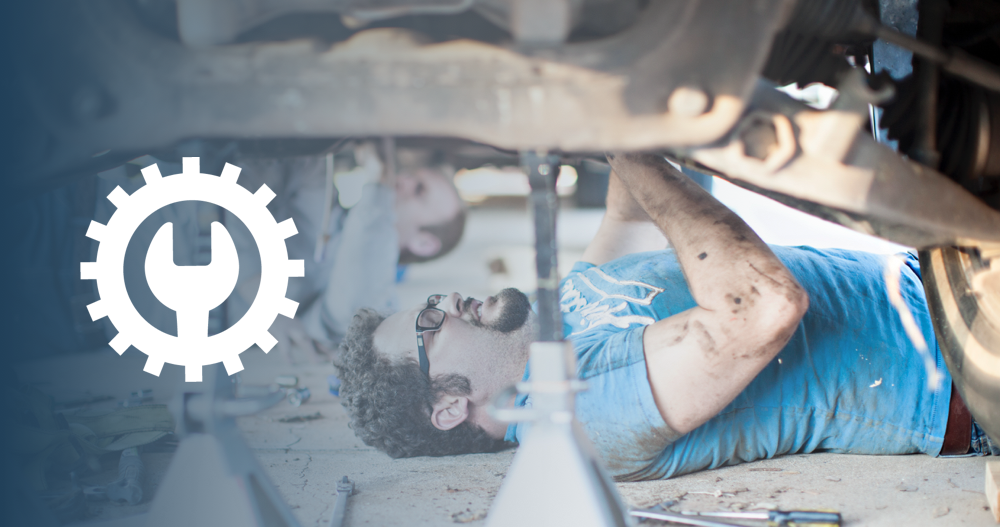
Collision mechanics repair damaged automotive bodies and related car parts after an accident. You’ll restore, refinish, and replace whatever is necessary to make it look like the damage never happened. Most mechanics work this magic in auto body shops or at dealerships, though independent car repair, restoration, and customization shops may hire you too.
According to the Bureau of Labor Statistics, the demand for collision repair mechanics is expected to remain the same over the next decade, showing no significant growth or decline. If you are passionate about cars, have an interest in mechanics, and enjoy fixing things with your hands, then you should consider a career in collision repair.
Educational Requirements
Industry certification in auto body repair is becoming increasingly important, but no state license is required for individuals.
Mechanics can begin work in an entry-level position without any formal training, if they find a shop willing to hire them. They’ll then work directly under a repair pro to get on-the-job training.
But many body shops prefer to hire collision mechanics who have completed a formal training program in automotive body repair. For that reason, gaining a certification or associate degree in automotive body repair is highly recommended.
More often than not, vocational schools, community colleges, and trade schools offer automotive body repair as an official program. Formal education and hands-on training will greatly improve your chances of snagging a job as a collision repair mechanic. It can also improve upon your chances for promotions down the line.
Collision Repair Mechanic: Courses of Study
Most auto body programs combine traditional classroom and hands-on training in their curriculum. Topics of study typically include:
- Estimating repair costs
- Welding
- Using a hammer, pick hammer, and punch to bend vehicle bodies
- Straightening damaged frames
- Removing vehicle parts to access to the body and/or fenders
- Grinding and sanding damaged areas with a filler or solder
- Finishing vehicle bodies with a primer, sand, and paint
- Aiming headlights
- Aligning wheels
Tips on More Ways to Advance
- If you’d like to replace window glass and windshields, then you should know that some states require an auto glass license before you're able to perform glass installation. Check your official state website for licensing requirements and details.
- It is also recommended that you obtain a certification from the National Institute for Automotive Service Excellence (ASE). In addition, you may want to check out the websites of individual vehicles and paint manufacturers. Many provide product repair certification programs specific to their manufacturing process.
- Any additional courses related to automobiles and welding will give you a leg up on your competition. Subjects surrounding mechanical troubleshooting and repairing, automotive engines, and advanced courses in paint and metal finishing will all help you in your efforts to secure a job as a collision repair mechanic.
Verdict: School Optional, but Highly Recommended
While not required as of yet, formal training in auto body repair is a good idea. You’ll have an easier time getting hired and can move up faster at work when you already know what you’re doing. Get started by finding a school that offers collision repair classes near you.





